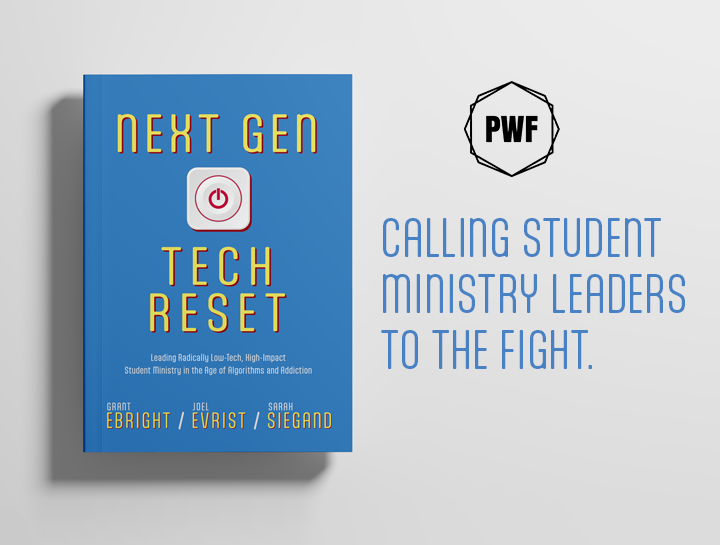TN's Parental Consent Law for Social Media
- parentswhofight
- Dec 2, 2024
- 3 min read
DECEMBER UPDATE: This law has been challenged with a federal lawsuit by the lobbying group NetChoice.

Tennessee Governor Bill Lee passed the Protecting Children from Social Media Act into law in May, joining states like Utah, Arkansas, Florida and Ohio in child protection legislation concerning social media. The TN law, which would go into effect Jan. 1, 2025, requires all minors to provide official parental consent to open (or retain) social media accounts on platforms like X, Instagram, TikTok and Snapchat.
Some probably think this is going too far, and it is still being determined how it will be reasonably enforced. Other states have had statutes to curb social media access postponed by litigation so TN could face similar hurdles.
Regardless, here’s why we celebrate the momentum created by parental consent for social media.
There is a cultural shift happening in society right now. A few, actually.
1.
The evidence is in that social media has harmed Gen Z in ways that can never fully be repaired. It changed them. Suicide rates have skyrocketed, bullying and pornography have shredded their capacity to see the humanity of others, and their brain development has been stunted by endless loops of dopamine-driven algorithms.
2.
Social and political viewpoint polarization is becoming increasingly more obvious (such as the recent university protests). Social media has fueled this with virality, but there’s no way to reverse the damage with the same viral speed. And many young people have been captured by ideological lies, reinforced by groups of complete strangers online who give them “support.”
3.
More prominent media outlets are giving voice to the research and recommendations of those who have studied the problems (and potential remedies), such as Jonathan Haidt, author of “The Anxious Generation.” Haidt proposes 4 norms to reverse the curse:
Delay the smartphone until high school.
Delay social media until at least 16.
Get phones out of schools so students can learn without distractions and so educators can teach without the drama and problems that come with them.
Return to unstructured, risky play. Let kids develop problem-solving, learn how to achieve difficult objectives, and relate to one another face-to-face.
We believe that the legislation put into motion over the past few years will help raise the awareness of the moms and dads who are heads-down in the trenches trying to serve and love their families. In the pre-teen years, these new “rules” give parents great springboard opportunities to dialogue with kids about the harms of social media. Parents, ask your pre-teen: “Why do you think states are passing these laws? What kinds of dangers do you know about that happen through social media? What difference do you think it would make if parents are more involved in the decision to be on social media?”
For parents who aren’t sure where they stand about social media dangers, we hope the new restrictions will give them pause to evaluate the pros and cons of giving their consent. Ask more questions, dig into some of the research. Maybe this will help slow the train?
Or maybe kids will try to get around it no matter what we do? This is bound to happen. Just because underage teens find access to alcohol and cigarettes doesn’t mean we shouldn’t have laws governing the minimum legal age and enforce those laws. Minors will find ways around restrictions, but overall, the fact that there is a law in place at least raises the moral standard to alert families that social media does impose a danger and parents need to be engaged.
We also know that social media companies need to feel more pressure to make their products safer for significant changes to be made. State laws that curb a minor’s access to social media will most definitely hurt the bottom line of Big Tech. If they want to have platforms parents can feel good about having teenagers on, they need to innovate to make those platforms safer and less addictive, with better guard rails. This includes enforceable age restrictions.
Puberty and social media don't mix.
In our view, parents carry the greatest responsibility in keeping kids safe on social media, which starts with the premise that delaying social media is hands-down the healthiest way to approach it. Puberty and social media don’t mix. Your kids will one day thank you, as our oldest has, who began social media at 17 years old.
What are your thoughts about the new TN law, or others that have been passed? We’d love to hear from you.



